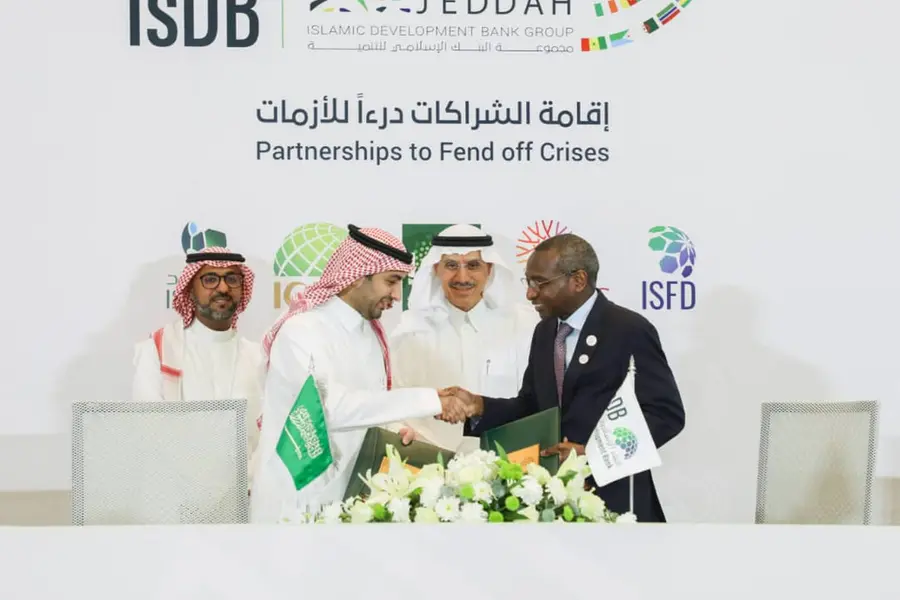Industry people seek more govt support to tap global market
Premium Halal Abattoir, a local company, has signed a deal to export
halal meat to Malaysia as local processors are eying to grab a portion
of US$ 50 billion global halal meat market.
Premium Halal
Abattoir, under a memorandum of understanding with Barakah Import of
Malaysia, will export 50 tonnes of meat a year, with industry people
demanding more government supports to explore potential market.
The
government meanwhile is likely to get clearance soon from the
Department of Veterinary Services of Malaysia. The certification will
enable Bangladeshi companies to export processed halal meat to Malaysia.
Another meat processing company, Peninsula Abattoir, is in talks with buyers to export processed meat to Europen countries.
The
pioneer in halal meat processing industry in the country, Bengal Meat
Processing Industries Limited, is exporting to the UAE and Kuwait.
Bengal Meat has almost trebled its export growth in a span of nine
months.
The company started exporting about 3 tonnes of
processed halal mutton a week to Dubai in May 2007, but now it exports
9 tonnes of mutton a week. , In September 2007, Bengal exported 12.5
tonnes of beef to Kuwait per week, but now its weekly beef export to
the country has reached 25 tonnes, according to the company officials.
Dwelling
on the barriers they are facing, the industry people said being an
exporting country Bangladesh has no certification from any importing
countries other than Kuwait and UAE. Such certification from any
importing country is mandatory for an exporting country, as the country
concerned is to satisfy the importer that the product exported does not
contain any hazardous elements and germs.
Bangladesh government
meanwhile paid fees to Office of the International Epizooties (OIE) for
membership of the agency and to get certificate as well.
If
Bangladesh gets certification from OIE, the country will be treated as
a mad cow diseases-free country, creating opportunities for local
companies to export to European countries.
The government also
collected information on sanitary and phyto sanitary requirements of
many countries to meet the export requirement.
“The government
is trying to support businesspeople as the processed meat has export
potential since Bangladesh is free from mad cow disease,” said Nil
Ratan Sarkar, an official of commerce ministry.
Local businesspeople said the government should establish a modern lab for testing exportable meat.
“Since
establishing a lab is very costly the government should help
entrepreneurs,” said Sahedul Islam Sadi, proprietor of Peninsula
Abattoir.
“We have a huge market for processed halal meat in
East Asian and Middle Eastern countries. But we are failing to tap the
potential as we cannot penetrate into their markets due to some legal
barriers,” said Mostafizur Rahman, chief executive officer of Bengal
Meat.
“If Bangladesh can have a small portion of the market it could be a very potential sector,” Rahman added.
Currently, Brazil, China, India and Australia are the main suppliers of processed meat to the global market.



